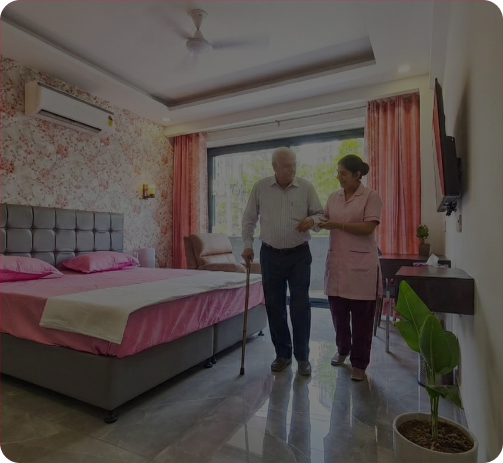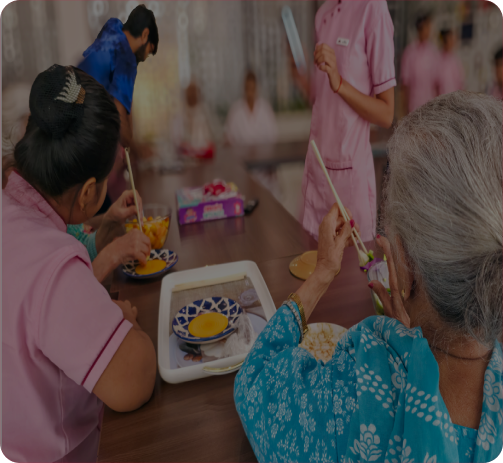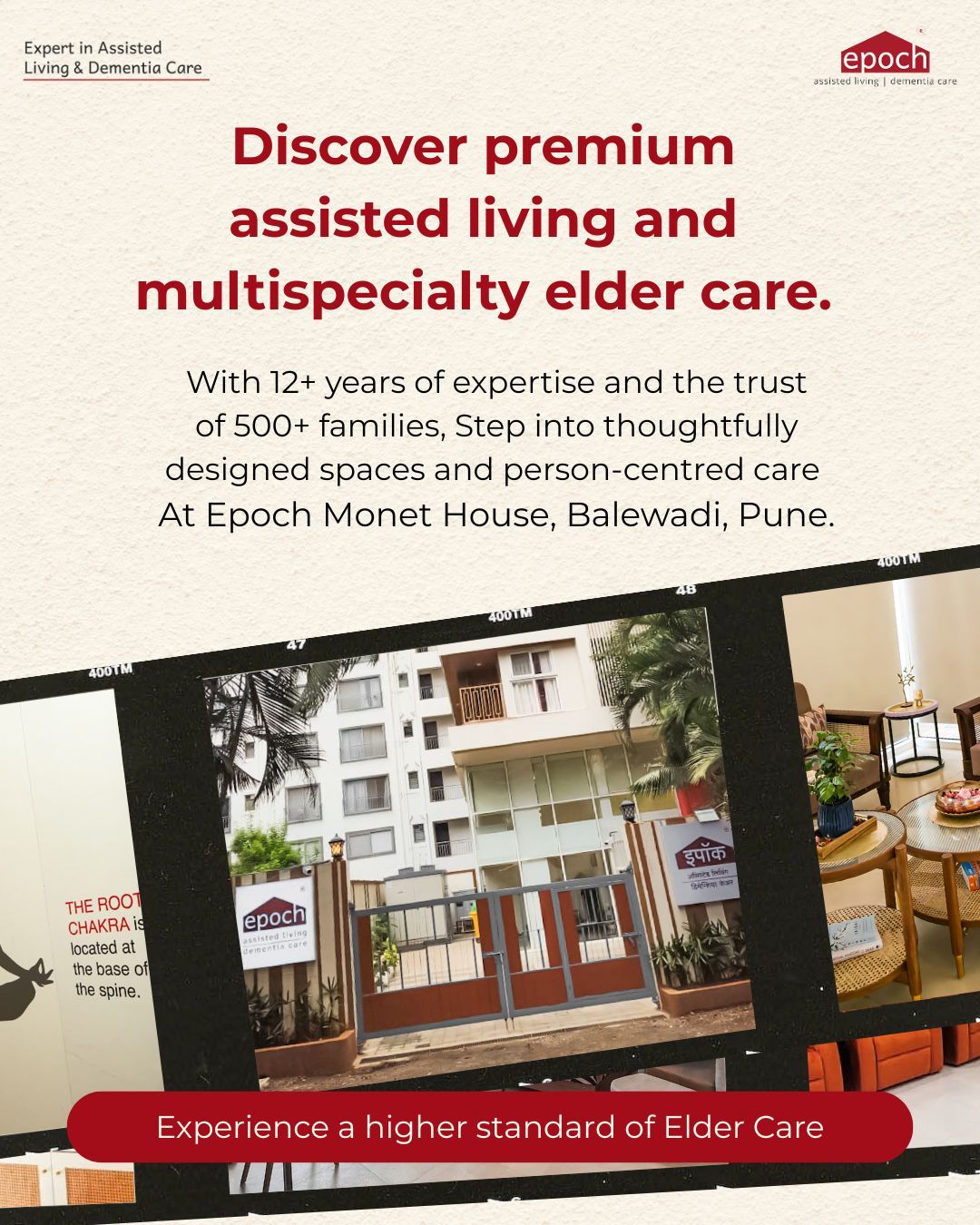At Epoch, we meet families at different stages of their caregiving journeys. Some live overseas and try to manage care from a distance. Others live in the same home as their aging parent, and still feel overwhelmed. Whether near or far, the question remains the same: Is it time to consider professional senior care for our loved one?
It’s not an easy question. Often, it carries layers of love, guilt, responsibility, and hope. But over the years, we’ve learned to recognise certain signs subtle and urgent alike that tell us when support at home may no longer be enough.
Here are some of those moments, drawn from the lived realities of families we’ve supported at Epoch.
-
When Health Needs Outpace Home Support
Whether it’s managing dementia, Parkinson’s, diabetes, or recovering from surgery, chronic health issues need more than occasional check-ins. Even for families living together, round-the-clock care can be exhausting, both physically and emotionally.
We’ve seen children juggling work, caregiving, and parenting, only to find themselves burnt out. One daughter shared, “Even though I live with Mummy, I realised I was constantly anxious—what if something happens while I’m at work?”
At Epoch, 24x7 nursing care, daily monitoring, and medical oversight help families breathe a little easier, knowing their loved one is in safe, capable hands.
-
When Caregiving at Home Becomes Emotionally Draining
We often meet families who are doing everything right hiring help, adjusting schedules, being present yet feel they are falling short. A son once told us, “I had become irritable. I hated that I was losing patience with my own father.”
Professional elder care offers relief from the relentless demands of caregiving. It allows family members to return to being sons, daughters, and grandchildren again, offering presence, not pressure.
-
When Memory Loss Starts to Affect Safety
Whether it’s forgetting to switch off the gas or wandering out without telling anyone, cognitive decline can be frightening for both elders and caregivers.
In one case, a mother began confusing day and night, often calling her daughter in the next room at 3 am. “It wasn't her fault,” the daughter said. “But none of us were sleeping.”
At Epoch, structured routines, gentle engagement, and trained dementia care professionals create a safer and calmer environment for everyone involved.
-
When Medical Emergencies Become Too Frequent
One resident’s family came to us after the third fall in two months. “We were always alert but it wasn’t enough,” they said. “We needed professional eyes on her, all the time.”
Falls, UTIs, infections, even medication errors these become more frequent with age, and harder to manage at home. Our clinical protocols, early warning systems, and prompt response teams are built to act before a small concern becomes a crisis.
-
When Meals Become Missed or Meaningless
Food is often the first thing to slip wen elders begin losing appetite, memory, or energy. For some, it’s because they can’t cook. For others, it’s because they no longer find joy in eating alone.
At Epoch, every mealtime is both nutritious and nurturing. From soft phulkas for easier digestion to comforting family-style meals, our food isn’t just fuel it’s a connection. One resident told us, “For the first time in months, I felt like eating properly again.”
-
When Social Isolation Sets In
Even within large families or bustling households, elders can feel alone, especially if they can’t step out or engage easily. A gentleman who moved in recently told us, “Everyone at home was busy. I didn’t want to disturb anyone, so I stopped asking.”
Professional elder care brings back routine, conversation, and shared laughter. From music therapy to carrom, storytelling to chai breaks at Epoch, our homes are alive with interaction. Loneliness shouldn’t be the norm in old age.
-
When Home Help Isn’t Reliable or Sufficient
Families often try their best with domestic help or visiting nurses, but consistency can be a challenge. One family living in Delhi told us, “every few weeks, we had to train a new caregiver. It was frustrating and unfair to my mother.”
In our elder care homes, trained and consistent teams ensure that care is personalised, documented, and dependable. Continuity matters, not just for medical care, but for emotional trust too.
-
When Your Own Health Starts to Suffer
Caregivers often forget themselves. One daughter who stayed up every night with her mother told us she began having back pain, high blood pressure, and anxiety. “I didn’t want to give up—but I was falling apart.”
Professional care doesn’t replace family—it supports it. It gives families the space to recover, recharge, and show up with love rather than exhaustion.
-
When There’s a Persistent Feeling of “I Can’t Do This Alone”
Sometimes, the decision isn’t about a specific event, but about a persistent, quiet realisation. “We were always on edge,” a son told us. “Even on good days, we kept waiting for something to go wrong.”
That’s when professional care can become the right choice—not because you've failed, but because you’ve recognised that love alone isn't enough to meet every need.
A New Chapter, Not an Ending
Whether you live in the same house or are continents apart, the decision to consider professional elder care is deeply personal. At Epoch, we see it as a transition, not a goodbye.
It’s the beginning of a chapter where your loved one receives consistent care, stimulation, and dignity and where you, as family, are freed to reconnect in new and meaningful ways.
Because the goal isn’t just safety it’s quality of life. For them. And for you.













